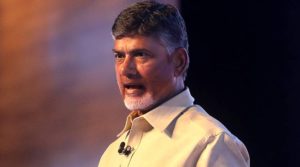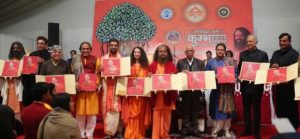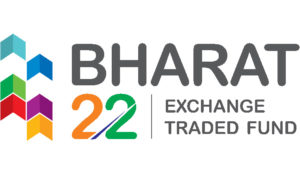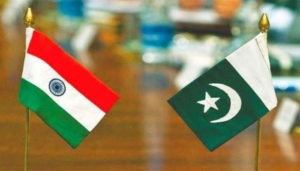VisionIAS
13:56
The Preliminary Examination for Civil Services Examination of Union Public Service Commission is also popularly called CSAT or Civil Services Aptitude Test. The CSAT is actually the second paper of General Studies that was introduced in 2011.
The preliminary examination of UPSC is for screening purpose only. The marks obtained in the UPSC prelims examination amount to a qualification to take the UPSC Main examination and will not be counted for determining a candidate's final order of merit.
Syllabus of Paper I (200 marks) Duration : 2 hours
- Current events of national and international importance
- History of India and Indian National Movement
- Indian and World Geography - Physical, Social, Economic Geography of India and the World
- Indian Polity and Governance - Constitution, Political System, Panchayati Raj, Public Policy, Rights Issues, etc
- Economic and Social Development - Sustainable Development, Poverty, Inclusion, Demographics, Social Sector initiatives, etc
- General issues on Environmental Ecology, Bio-diversity and Climate Change - that do not require subject specialisation General Science
Syllabus for Paper II-(200 marks) Duration: 2 hours
- Comprehension
- Interpersonal skills including communication skills;
- Logical reasoning and analytical ability
- Decision-making and problem solving
- General mental ability
- Basic numeracy (numbers and their relations, orders of magnitude, etc.) (Class X level), Data interpretation (charts, graphs, tables, data sufficiency etc. - Class X level)
Note 1: The CSAT aptitude test or Paper-II of the Civil Services (Preliminary) examination will be a qualifying paper only with a minimum of 33% to be secured to sit for the Civil Services (Mains) exam.
Note 2: The questions in both Paper-I (current affairs) and Paper-II (aptitude test) will be of multiple choice, objective type for 200 marks each and the time allotted for each paper is two hours
Note 3: It is mandatory for the candidate to appear in both the papers of Civil Services (Prelim) examination for the purpose of evaluation. Therefore a candidate will be disqualified in case he or she does not appear in both the papers of the (Prelims) exam.


















